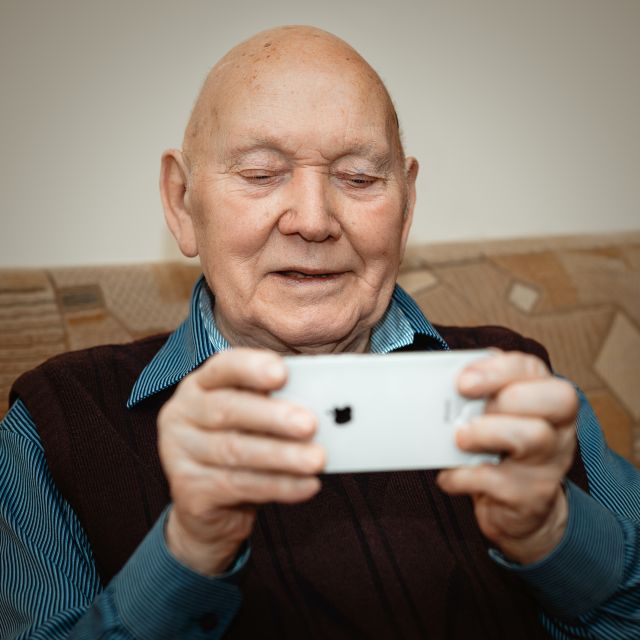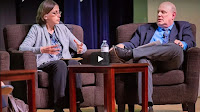A groundbreaking study has found that newborn babies have more of a key Alzheimer’s-linked protein than people with dementia. This unexpected discovery could flip decades of assumptions—and open the door to new treatments.
The Alzheimer’s Protein That’s Not Always Bad
For years, scientists have pointed to a protein called p-tau217 as a major villain in Alzheimer’s disease. In older adults, this altered form of the tau protein clumps together inside brain cells, forming tangles that disrupt memory and lead to cognitive decline. It’s so closely tied to Alzheimer’s that it’s now used in blood tests to help diagnose the disease.
But a new international study led by researchers at the University of Gothenburg has turned that idea on its head. When scientists analyzed blood samples from over 400 people—including newborns, young adults, and Alzheimer’s patients—they found something astonishing: healthy babies had the highest levels of p-tau217 of anyone tested.
Babies, Brains, and a Protein Surge
The study revealed that premature infants had the highest concentrations of p-tau217, followed by full-term newborns. These levels dropped sharply in the first few months of life, stayed low through adulthood, and then rose again in people with Alzheimer’s—though never reaching the sky-high levels seen in babies.
So what’s going on? Rather than being toxic, researchers believe that in babies, p-tau217 plays a crucial role in early brain development. It may help neurons grow, connect, and form the complex networks that support movement, sensation, and learning. In this context, the protein isn’t a threat—it’s a builder.
Rethinking Alzheimer’s—and Its Treatment
This discovery has major implications. First, it changes how we interpret p-tau217 levels in diagnostic tests. High levels don’t always mean disease—they can also be part of normal, healthy brain growth.
More importantly, it raises a powerful question: Why can newborn brains handle such high levels of p-tau217 without harm, while older brains cannot? If scientists can figure out what protects babies from the damaging effects of this protein, they might be able to mimic that protection in adults—potentially leading to new ways to prevent or treat Alzheimer’s.
What’s Next?
This is the first time researchers have measured p-tau217 in human newborns, and it’s already reshaping how we think about Alzheimer’s. The next step is to understand the protective mechanisms at work in infant brains. Could they be harnessed to stop or slow the disease in its tracks?
While there’s still much to learn, this study offers a rare dose of optimism in the fight against Alzheimer’s. Sometimes, the key to solving a disease of old age lies in the biology of our earliest days.










